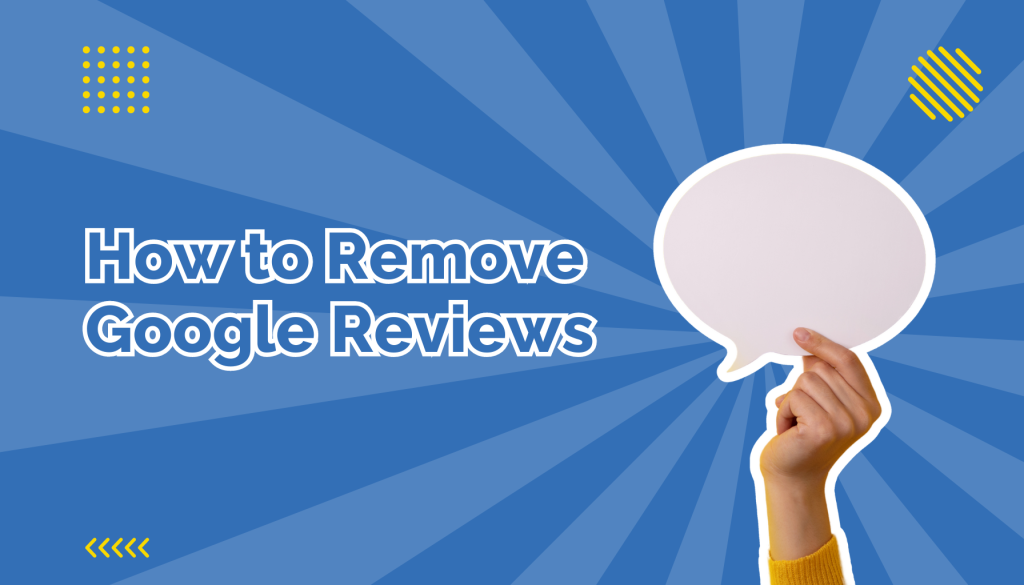The Surge of Angry Gamers
Video games are supposed to be fun. They’re meant to bring players together, spark new friendships, and offer hours of entertainment. But what happens when fans unite not out of joy, but out of anger? In recent years, a wave of “review-bombing” has hit major gaming companies like Blizzard Entertainment and EA. This isn’t about a single player leaving a grumpy comment. It’s about large groups organizing online to flood review sites like Metacritic with harsh scores and nasty comments.
Why would anyone do this? Often, players are upset about a game’s direction, changes in policies, or pricing models. Sometimes, it’s about a feature that was promised but never arrived. Other times, it’s a response to business practices, microtransactions, or unpopular creative decisions. The point is not to share honest opinions or help others make informed purchases. It’s to send a message through a flood of bad ratings that drags a game’s overall score into the gutter.
A Damage Bigger Than Just Numbers
The average gamer might think, “So what if a few fans post negative reviews?” But we’re not talking about a handful of mean comments. Coordinated review-bombing can bring a once-beloved game’s score down from a high rating to something near rock-bottom in a matter of hours. Sites like Metacritic have confirmed that this kind of activity has spiked over the last decade.
trekking-tracks | spotsspire | roam-rapture | oceansailings | peakvoyages | jetsetrover |martketmuse
In a study, it was noted that user scores on Metacritic can influence a game’s sales. Some players rely on these ratings to decide what to buy. When a group can manipulate these scores by posting hundreds or even thousands of fake, angry reviews, it can harm a company’s reputation and bottom line. Players who might have enjoyed the game could be scared off by what looks like universal hatred, even if the truth is more complicated.
Not Just Honest Criticism
Review-bombing isn’t the same as honest feedback. Sometimes, players have real complaints: bugs, poor storytelling, unfair mechanics. But review-bombing often goes beyond pointing out flaws. It’s about punishment. Gamers coordinate on forums, social media groups, or messaging apps, planning the exact time to strike.
They may leave zero-score reviews that repeat the same insults or even unrelated political statements. Some go so far as to demand refunds or policy changes, threatening even more negative reviews if their wishes aren’t met. While it’s less about money and more about anger, a few have used threats of mass negative reviews as leverage, hoping companies will cave in to their demands.
Turning the Tables on Big Names
Big companies like Blizzard and EA have been primary targets. When Blizzard made controversial changes to popular titles, users swarmed Metacritic to drag down scores. EA faced similar attacks when players felt the company put profits over fun gameplay. Even beloved franchises aren’t safe. The more famous the title, the harder it can be hit by organized negative campaigns.
Some players might even search for tricks online, like how to delete a google review, though Google reviews apply more to local businesses than games. Still, the idea of removing unwanted negativity is tempting. Unfortunately for developers, there’s no simple button to make unfair criticisms vanish. Review platforms try to filter out spam, but detecting coordinated attacks is tough.
Platforms Fighting Back
What Metacritic Is Doing
Metacritic has acknowledged these review-bombing waves. They’ve experimented with waiting periods before allowing user reviews, giving players time to actually play the game before rating it. They’ve tried removing reviews that break their rules. This helps somewhat, but it’s not a perfect solution.
The Limits of Moderation
It’s hard to separate honest anger from organized attacks. Some negative feedback is real and should be heard. If a game launches in a broken state, angry reviews are fair. But if they come all at once, repeating the same phrases and giving no reason for the hate, that’s suspicious. Platforms rely on automated systems and human moderators, but large, coordinated attacks can slip through.
The Human Cost for Developers
Behind every game are people who worked hard to build it: programmers, artists, designers, writers. When their work is shredded by a wave of anonymous hate, it can affect morale. Game developers read reviews too, and watching a beloved project get bombed can be crushing. This can lead to stress, burnout, and even developers leaving the industry.
It also makes companies hesitant to take creative risks. If fans are willing to crush a game’s reputation over minor disagreements, why try anything new or daring? This can lead to safer, more predictable titles, which might please some gamers but limit innovation in the industry.
Steps Gamers and Companies Can Take
Recommendations for Gaming Companies
- Communication Is Key: Companies should explain changes, updates, or policy shifts clearly. When players know why something happened, they might be less likely to explode with anger.
- Listen to Genuine Feedback: If there’s a real issue, fix it. Show players you care about their experience.
- Encourage Honest Reviews: Remind players to base ratings on actual playtime. Maybe offer in-game rewards for leaving a thoughtful review—good or bad. Just be careful not to bribe them for positive scores.
Tips for Players
- Don’t Jump on the Bandwagon: Think before leaving a review. Ask yourself, have you really played enough to judge?
- Spot the Patterns: If all the negative reviews sound the same, maybe it’s a coordinated attack. Consider looking at professional reviews or trusted gaming outlets too.
- Use Multiple Sources: Don’t rely on one platform’s score. Check YouTube reviews, blogs, and social media opinions from people you trust.
The Future of Reviews
Review-bombing isn’t going away soon. As long as players feel empowered to express anger through mass negative scores, the cycle will continue. But platforms can evolve. Maybe they’ll find better ways to confirm if a reviewer actually played the game. Perhaps they’ll highlight professional reviews alongside user scores, giving a more balanced picture.
Some online communities discuss reputation systems or verified purchase checks. If a reviewer had to prove they bought or played the game for a certain amount of time before reviewing, it could reduce mass trolling. These changes might help ensure that what we see online better reflects actual player experiences rather than a coordinated backlash.
In the End, It’s About Trust
Video games are not just products. They’re experiences that rely on trust between developers and players. When review-bombing campaigns strike, they erode that trust. Companies worry about unfair attacks. Players worry about being misled by manipulated scores. Review platforms struggle to keep things honest.
The gaming community thrives on honest feedback and passionate discussions. If everyone steps back, takes a breath, and aims for fairness, we might see fewer bombs and more constructive conversation. It won’t be easy, but as gamers, developers, and platforms learn from these attacks, the hope is we can move toward a healthier, more honest review culture.





















